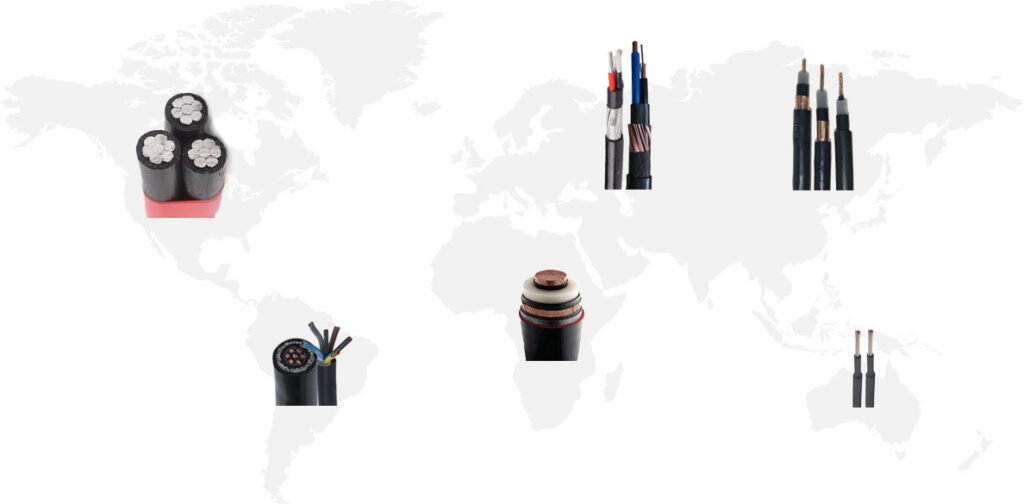High-temperature cables are cables with conductors made of stranded soft copper conductors. Heat-resistant and high-temperature wires and cables are generally determined by two requirements. The first is that the ambient temperature of the wire and cable is high, and the cable can normally transmit signals or electric energy under high temperatures for a long time. The other is the power transmission cable, which mainly aims to increase the current interception capacity.

One of the key factors driving the growth of the global high-temperature cables market is the improvement in railway infrastructure. Railway cables should be halogen-free, self-extinguishing, and flame-retardant. High-temperature cables have these properties, making them one of the key components of railway infrastructure.
The fall in the average cost of wind power will further accelerate wind power installations. Continued investment in wind power is increasing annual production capacity and encouraging technological innovation in wind power systems. Due to the importance of high temperature cables in the operation of wind turbines, its demand will increase proportionally with the installation of wind turbines, which will drive the market growth in the coming years.
During the forecast period, 48% of the market growth will come from the Asia Pacific region. China, India, and Japan are the major markets for high-temperature cables in the Asia Pacific region. The market in this region will grow faster than the regional market.
Significant growth in energy demand and high growth in high temperature cable end-user industries such as transportation, oil and gas, wind power plants, steel mills, and heavy industry will boost the growth of the high temperature cable market in Asia Pacific over the forecast period. The high temperature cables market share in the energy sector is expected to grow significantly during the forecast period. The increase in global energy demand is expected to increase the global power generation capacity and transmission and distribution network, thereby increasing the demand for high temperature cables.
With the continuous improvement of the railway infrastructure, the global demand for the high-temperature cables market will also increase. According to a report released by Technavio, an international market research institute, by 2026, the global high-temperature cable market demand will increase by 923.52 million US dollars, and the market growth momentum will accelerate at a compound annual growth rate of 8.9%.